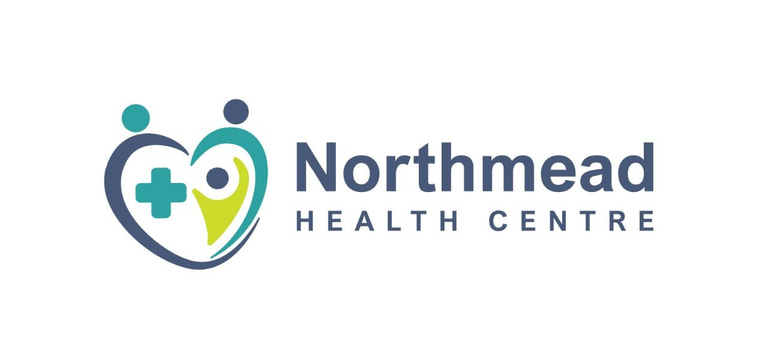How Families Fuel Progress
Speech therapy can be a wonderful journey for children needing a little extra help with communication. But there's a silent partner in this process who deserves a standing ovation: the family.
5/20/20241 min read


You see, while speech-language pathologists (SLPs) are the expert guides, families play a crucial role in their child's speech development. Here's why their involvement is key to making those therapy sessions truly shine:
1. Practice Makes Progress: Think of therapy sessions as intensive training workshops. The real magic happens when those skills are practiced throughout the day. Families who actively participate by learning techniques from their SLP can seamlessly integrate speech practice into everyday routines. This could be anything from reading together with funny voices to playing games that target specific sounds.
2. Communication Champs: Let's face it, parents and siblings are the people a child interacts with most. By understanding how to use the strategies taught in therapy during daily conversations, families become communication champions. This consistent reinforcement strengthens those new skills and builds confidence.
3. The Comfort Zone Advantage: Therapy sessions can sometimes feel new and unfamiliar. But at home, a child is surrounded by loved ones. This sense of comfort allows them to relax, be more open to trying new things, and truly absorb the lessons learned in therapy.
4. Partners in Progress: The SLP-family relationship is a two-way street. Families can provide valuable insights into a child's strengths, weaknesses, and natural communication style. This information helps the SLP tailor therapy sessions for maximum impact.
So, how can families actively support speech therapy?
Be Present: Attend therapy sessions whenever possible. This allows you to directly learn the exercises and strategies used by the SLP.
Practice Makes Progress (For Real This Time!): Dedicate time each day to practicing the techniques learned in therapy.
Communication Collaboration: Talk to your SLP about any concerns you have and ask questions. Open communication is key!
Celebrate Every Step: Acknowledge and celebrate your child's progress, no matter how small. This positive reinforcement keeps them motivated.
Remember, speech therapy is a team effort. By working together, families and SLPs can create an environment that fosters communication, builds confidence, and paves the way for a child's successful speech development.

